The People v. Tech: Facebook, Google, Apple, Twitter, Amazon, Tesla
In 2018, the world started pushing back against the tech giants. Here’s a look at the challenges they will face this year.
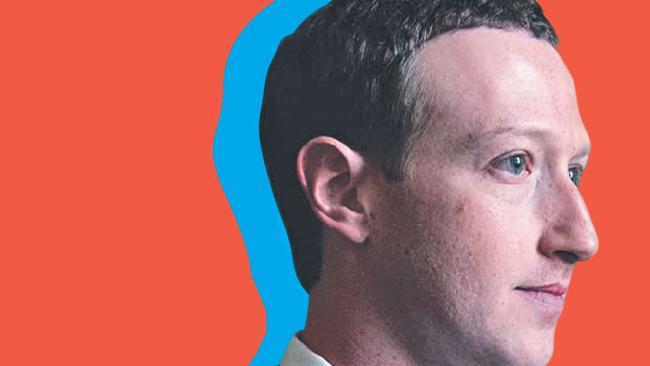
Last year, Facebook, Google and Tesla in particular faced widespread criticism from both inside and outside their respective companies. The wounds were largely self-inflicted, as some of the world’s biggest innovators grappled with their outsized influence in every aspect of our lives.
It’s unlikely that any of these companies will fail in 2019, but what is likely is that the tech giants will continue to lose the trust of the public at large, unless they do something about it.
It wasn’t always this way. Technology at its best gave a voice to the voiceless, enabled instant communication across borders and enabled new businesses to form that would not have been possible otherwise.
INQUIRER: Online privacy has flown out the window
Tech got lost along the way, however. It has given rise to fake news, has divided societies along political fault lines like never before, and invaded the most intimate aspects of our daily lives. The tech giants of today are facing something of an identity crisis, unsure of their roles and responsibilities and under more pressure than ever before. Social media giants such as Facebook and Twitter are no longer allowed to be neutral platforms, and have been forced to remove hate speech and actively police what can be said and what cannot. To date they haven’t been up to the task, with users becoming increasingly disillusioned with what used to be merely fun places to hang out online.
Governments, including in Australia, are beginning to intervene. Google has been fined $80 million by French data regulator CNIL for breaching the EU’s General Data Protection Regulation, which passed in May 2017, in what’s now the biggest fine levied under that rule. The fine was doled out for Google’s failures of transparency and consent over how the company was monetising user data, an issue that will be probed by the ACCC in Australia this year. The EU has been on the front foot when regulating the big technology giants for years now, having set firm rules for what data they can collect from users and what they can do with it.
So 2019 will be the year in which Australia’s role in reining in the world’s tech giants will become clear, as will the question of just how much the world falls out of love with these companies that have kept us hooked for so long.
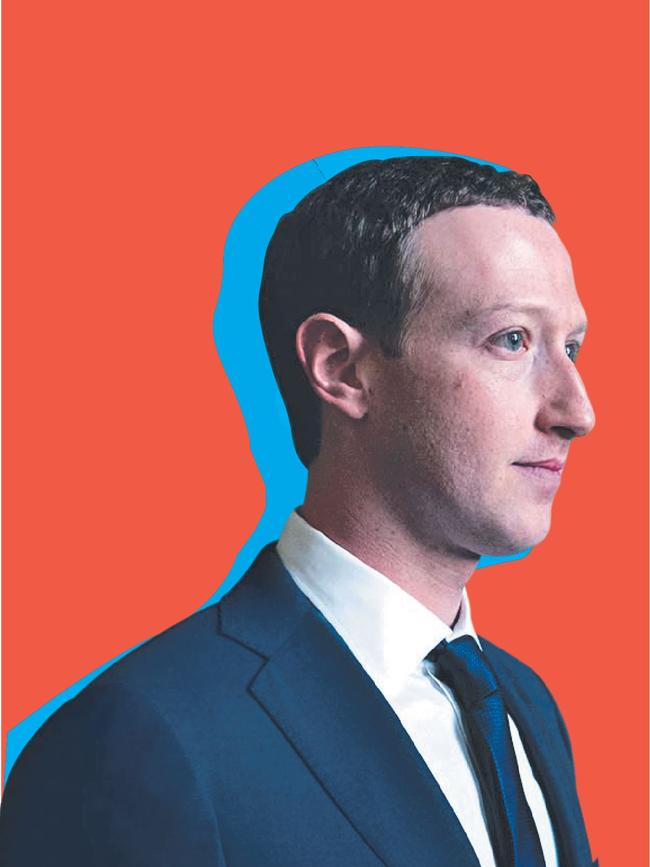
The social media giant faced relentless questioning in 2018 – from the US Congress, which probed it about election meddling, to more existential questions from inside and outside the company about what role Facebook plays in our lives and whether it’s a social good or otherwise. That’s only set to deepen in 2019 and Australia will be a key proving ground for the company, with the ACCC announcing an inquiry into its algorithms as well as its effect on the media and our lives more broadly.
For all of the uncertainty surrounding Facebook, one thing is clear: Mark Zuckerberg will remain its CEO, unless he volunteers to step down. The way the company’s board and voting rights are structured means that even if the board turns on “Zuck”, it has no mechanism for removing him – the CEO has about 60 per cent voting power.
One moment to watch for in 2019 is a vote on a proposal to oust Zuckerberg, set to go to the Facebook board in May. The proposal, filed by New York City Comptroller Scott Stringer along with US state treasurers from Illinois, Rhode Island and Pennsylvania, accuses Zuckerberg of mishandling company scandals, including huge security breaches and the spread of misinformation, or “fake news”. Many experts believe this is simply a symbolic move intended to put pressure on the company’s co-founder.
It is, however, just one example of the way Facebook is fighting to establish its identity and right a ship that for some time now has seemed off course.
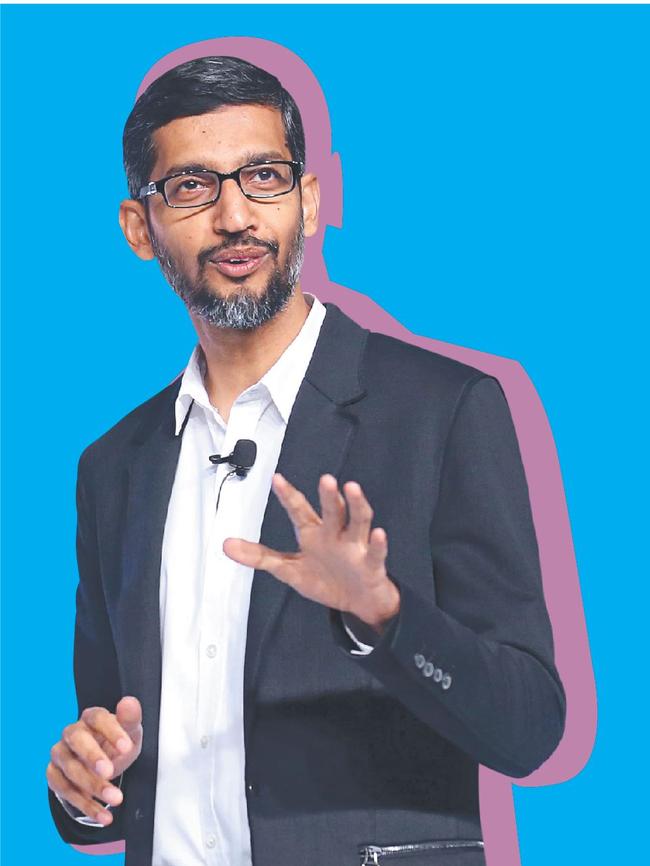
Alphabet-owned Google was one of the few tech companies caught up in the #MeToo movement of last year, with about 20,000 employees, including some in Sydney, walking out, protesting against the way the company has handled sexual harassment allegations.
The revolt focused on one case in particular: Andy Rubin, the founder of Google’s mobile operating system Android, had received a $US90 million ($125 million) payout after leaving the company despite having a credible complaint of sexual misconduct against him from another Google employee.
There’s little to suggest the mass protests will have a material impact on the company’s revenues or its broader business strategy, but they do represent a growing frustration from inside Google, which also extends to the company’s controversial China strategy and its projects for the US military.
As well as internal pressures, in 2019 Google will face the same ACCC inquiry as Facebook, which is sure to throw up some uncomfortable questions.
Ultimately, however, Alphabet is a very different beast from, say, Facebook, with its business units spanning not just search and social but also self-driving cars, broadband and even hot air balloons. That diversity of operations means it is well positioned to take on whatever tech trends the future holds, however far-fetched they seem.
APPLE
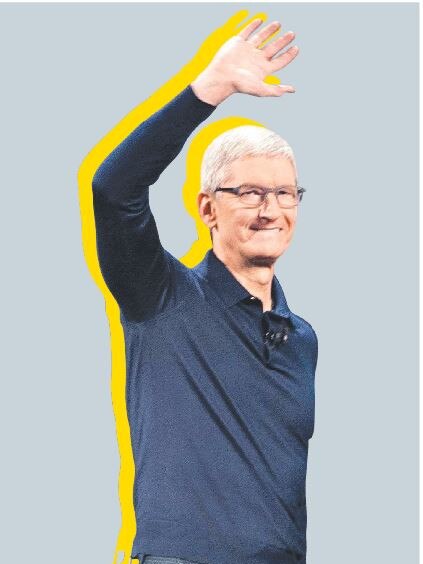
Apple and its boss Tim Cook are under pressure this year for a very simple reason: they’re not selling enough iPhones. The days when Apple superfans would queue for blocks for the latest device have long gone, replaced by a widespread apathy about phones that are slightly thinner and have slightly bigger displays each year. On January 2, Apple issued a rare earnings revision, slashing quarterly estimates for the first time in 16 years. The company has been hardest hit in China, where consumers are opting for cheaper phones. “Lower than anticipated iPhone revenue, primarily in Greater China, accounts for all of our revenue shortfall to our guidance and for much more than our entire year-on-year revenue decline,” Cook said. “In some developed markets iPhone upgrades also were not as strong as we thought they would be.”
Cook has long faced questions about whether he can continue innovating at the pace of his predecessor, the late Steve Jobs, who died in 2011. Cook’s tenure has focused less on flashy devices and more on the services component of Apple’s business, which includes Apple Music, Apple iCloud and Apple Pay. Some investors are beginning to get restless, however,
and Apple is looking less invincible than it did only six months ago, when it was the world’s most valuable company. It doesn’t need a massive new product – a TV or a car, for example – to succeed in 2019, but it does need to find a way to get customers excited about its products once again.
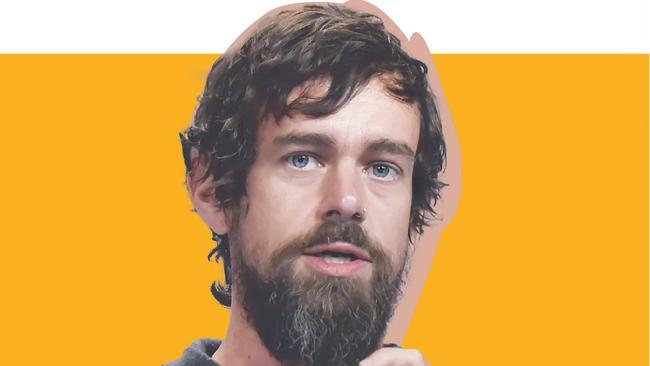
One of the few tech giants to enjoy a solid 2018, Twitter was admittedly coming off a lower base than some of its peers, but it had a positive, if unspectacular, year. Its shares dipped in December when one analyst called it the “Harvey Weinstein of social media” after Amnesty International research declared it “a toxic place for women”. And while the platform is still littered with hate messages from trolls (and the US President), Twitter is delivering where it counts – revenue growth.
At the end of 2018, it posted its fourth straight quarter of profitability, in Q3 reporting a revenue increase of 29 per cent year-on-year due to strong advertising sales. The fact it has flown under the radar compared to rivals such as Facebook means it has a lot of potential to still hit the mainstream. Moves such as acquiring sports rights and becoming the best place to consume breaking news mean 2019 could be Twitter’s year.
AMAZON
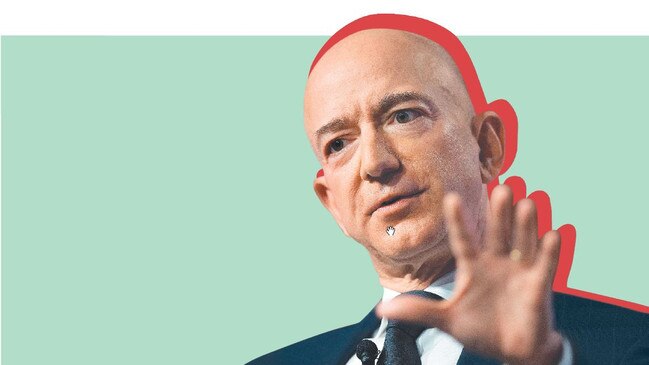
Jeff Bezos’ e-commerce behemoth is, much like Facebook and Alphabet, far more influential and wide-reaching than when it was launched more than two decades ago. Amazon has grown from a modest online book retailer to – at the time of publishing – the world’s most valuable company, outstripping even Apple as the king of big tech. It has largely managed to avoid some of the scandals that have plagued its peers, though it does receive regular criticism for the treatment of its factory workers, who often describe a culture of obscene pressure and mistreatment.
The question for Amazon in 2019 is: can it continue to be everything to everyone, or will it be stretched too thin? It offers a rival to Netflix video streaming and to Spotify’s music streaming, a cloud computing business, and it still sells books.
2019 will also be a challenging time for CEO Jeff Bezos, who recently announced the commencement of divorce proceedings with wife Mackenzie Bezos. While his marriage has crumbled, his company is in a very strong position going into 2019, and still has what should be more global growth ahead of it. It has earned its place as the world’s most valuable company and it’s hard to see anyone else seriously challenging for that mantle in 2019.
TESLA
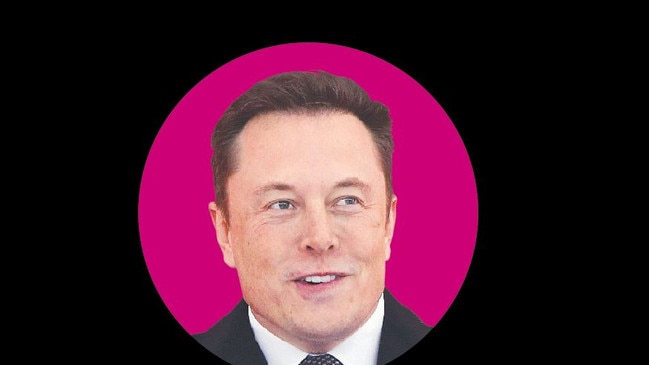
Tesla boss Elon Musk had a very public meltdown in 2018, with the South African-born entrepreneur drawing ire for his cavalier tweets and his attitude to marijuana. 2019 is shaping up as a make-or-break year for the maker of electric cars, which is finally beginning to impress investors with its ability to hit its targets for number of cars shipped.
Tesla is shifting gears into the mainstream as it begins to sell more affordable cars that can be seriously considered by most new vehicle shoppers, and will face pressure this year to further ramp up its charging infrastructure – which, impressively, already covers swathes of Australia.
The company will be aided by its new chair, Australian businesswoman Robyn Denholm, who has the unenviable job of reining in Musk and making sure the focus remains on cars rather than on his Twitter feed.
Denholm has ample experience helping to lead technology companies, having served as a Telstra executive as well as filling senior roles at Juniper Networks and Toyota.
The common sentiment in Silicon Valley is “don’t bet against Elon” – wise words heading in to 2019.


To join the conversation, please log in. Don't have an account? Register
Join the conversation, you are commenting as Logout